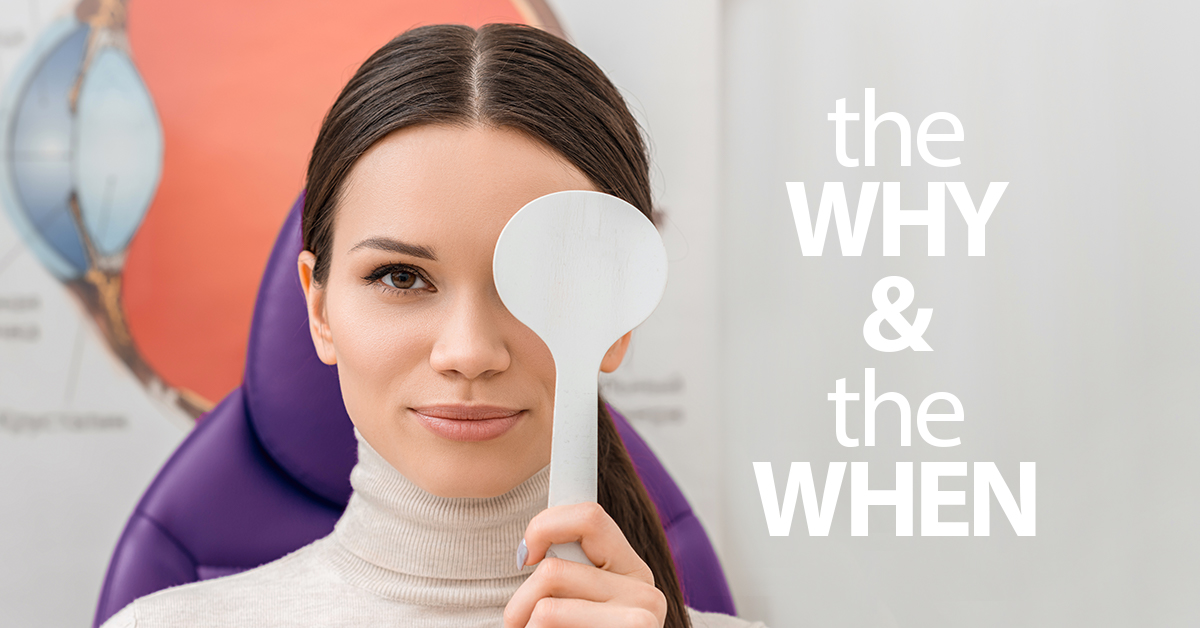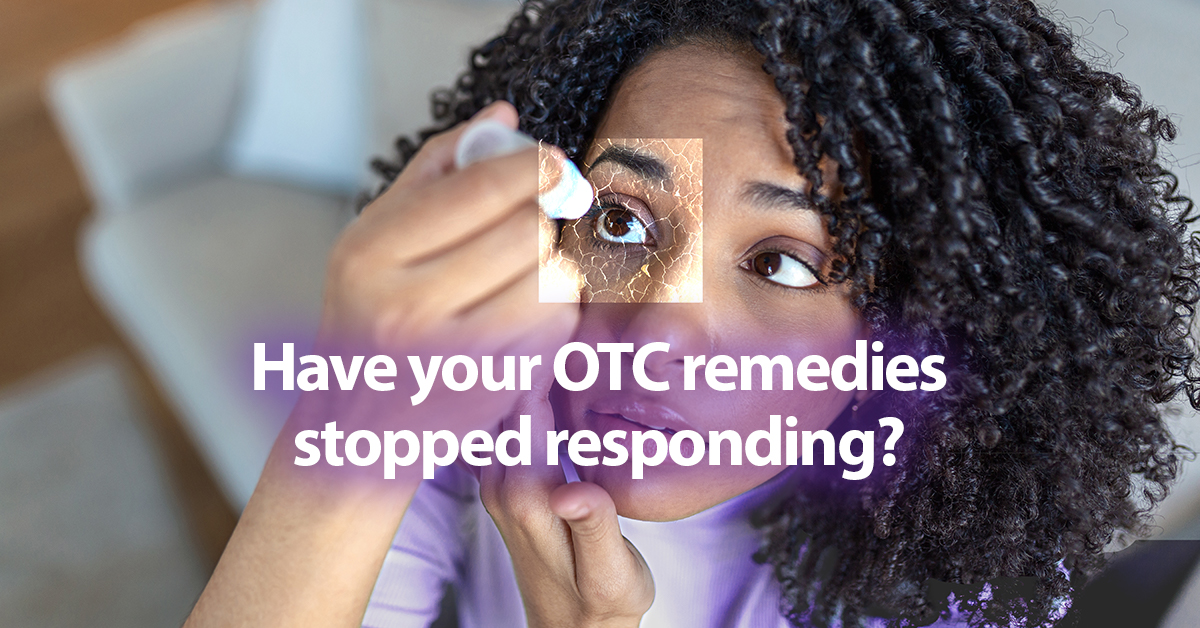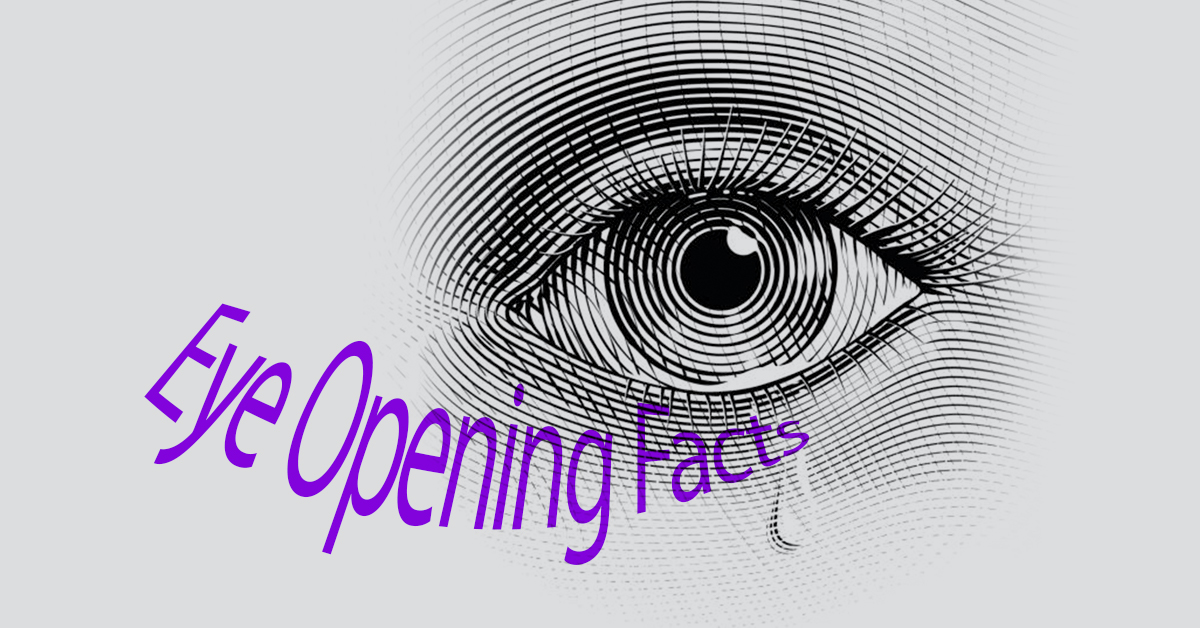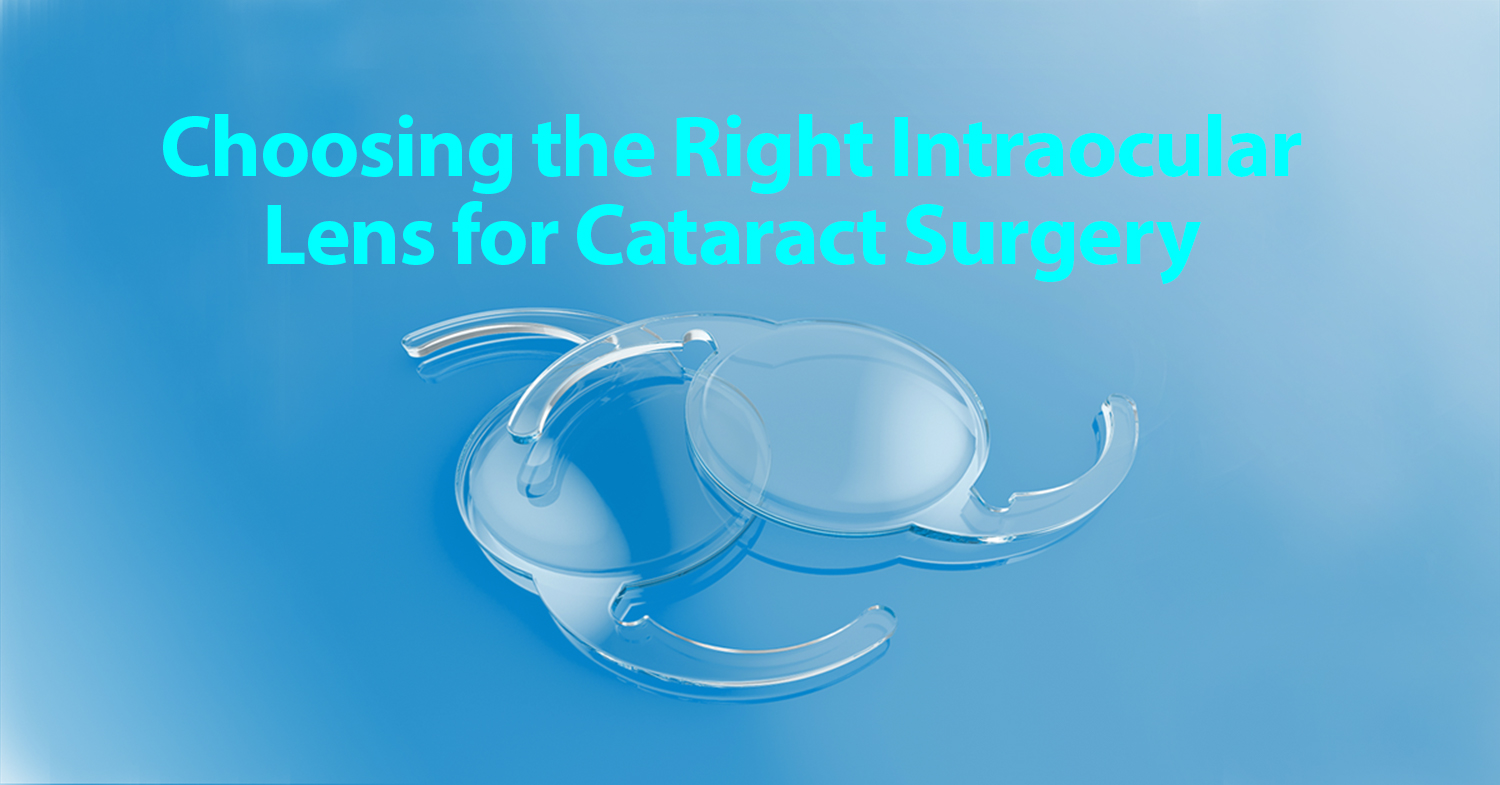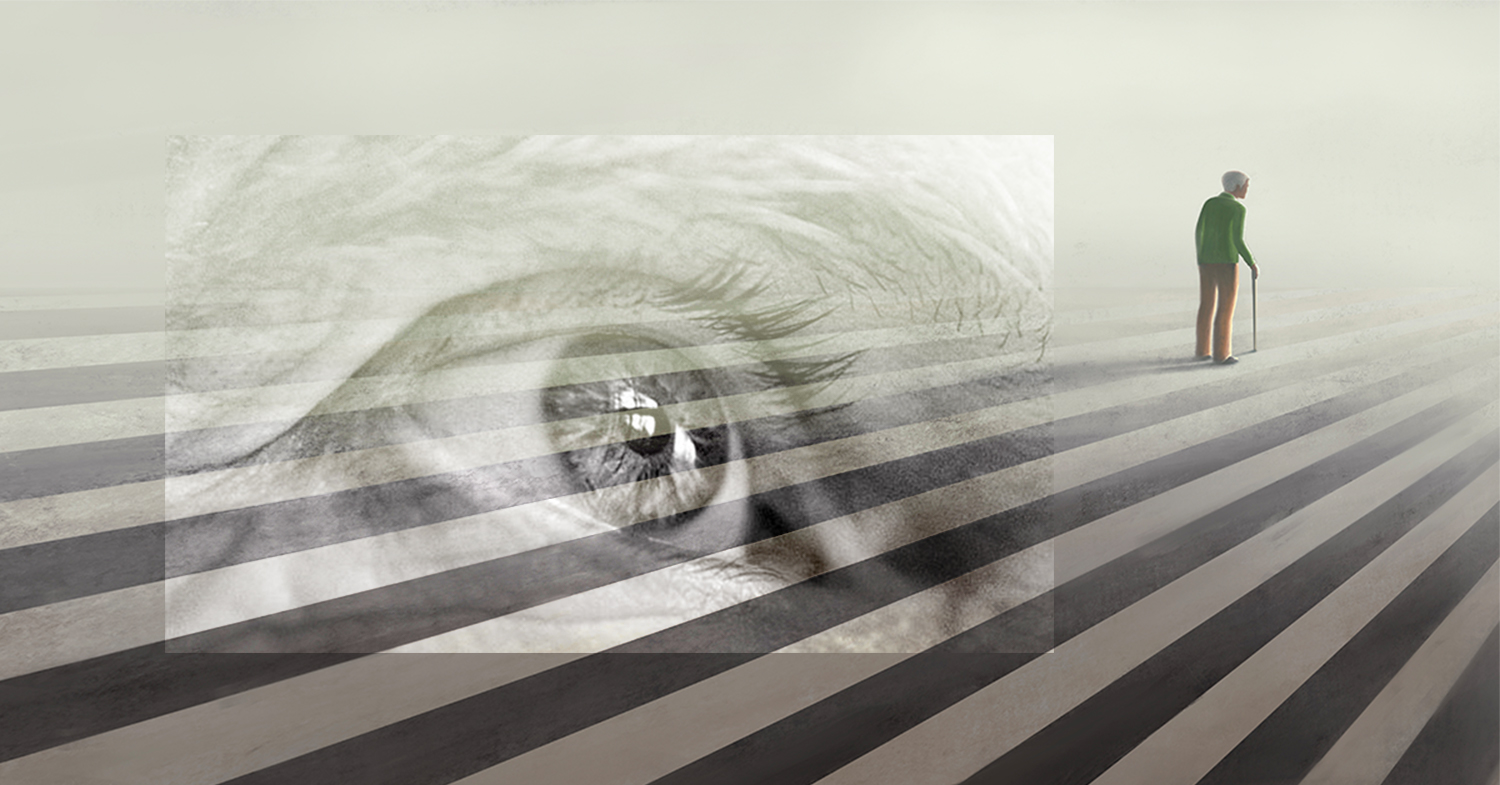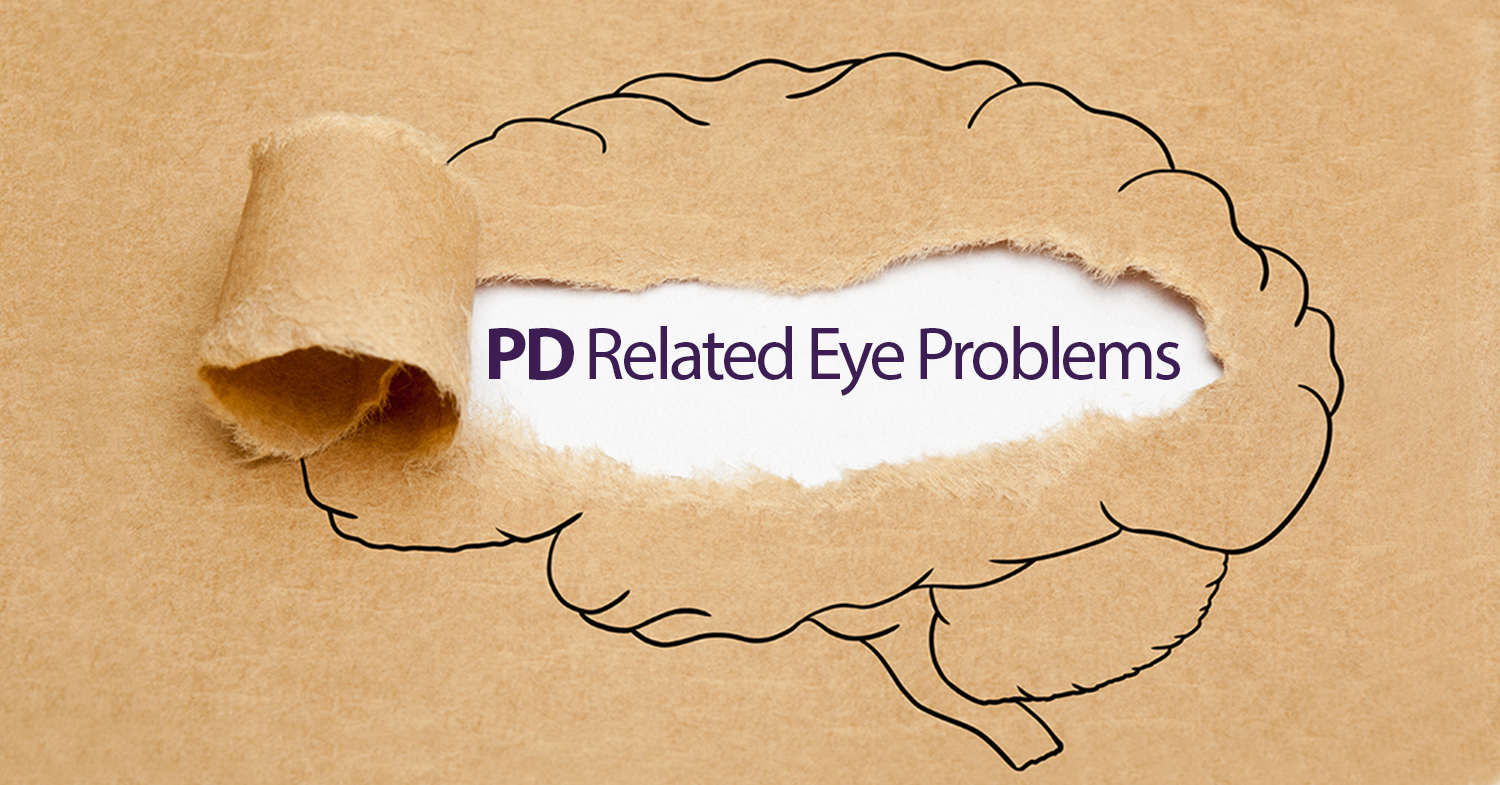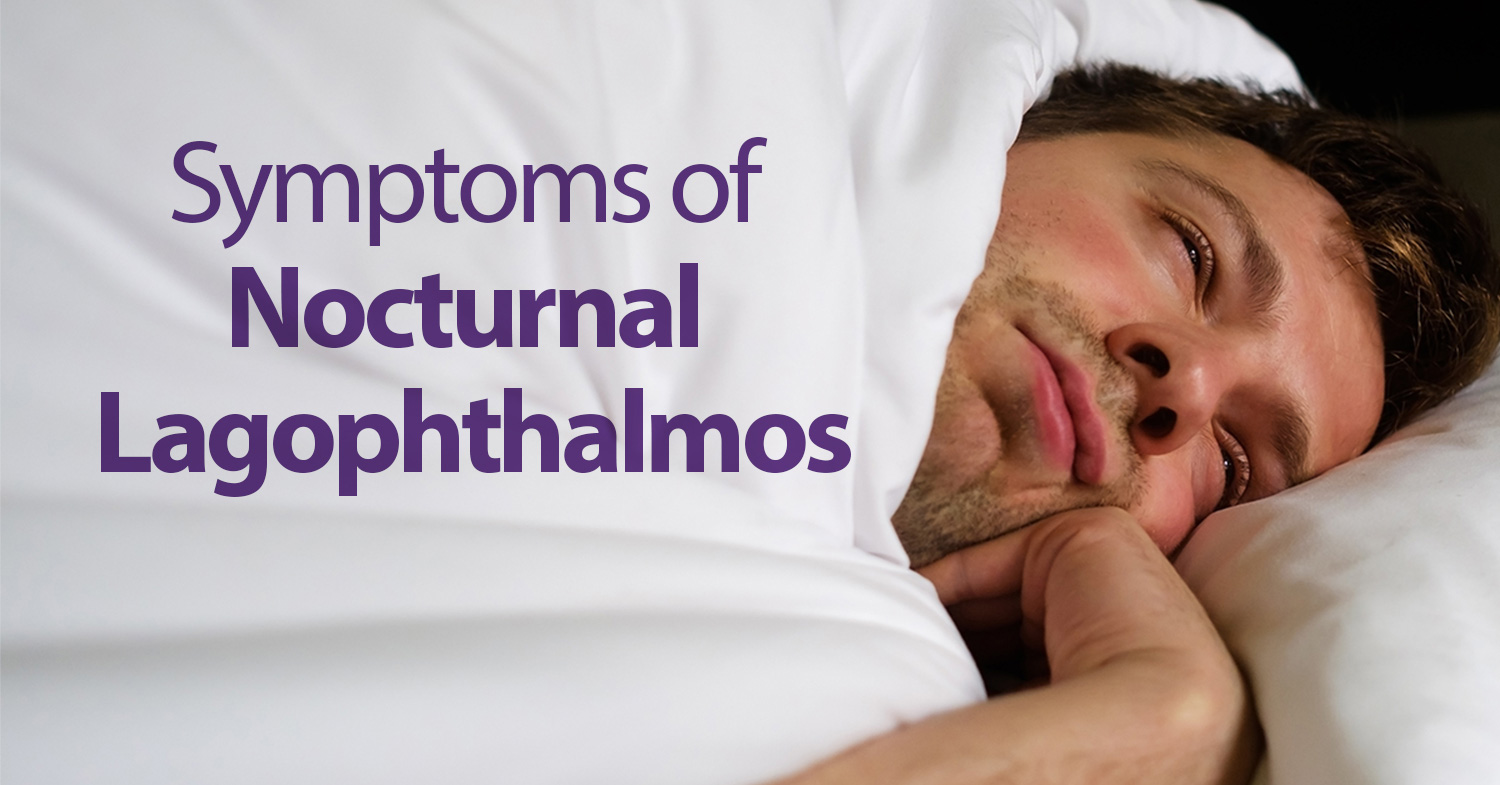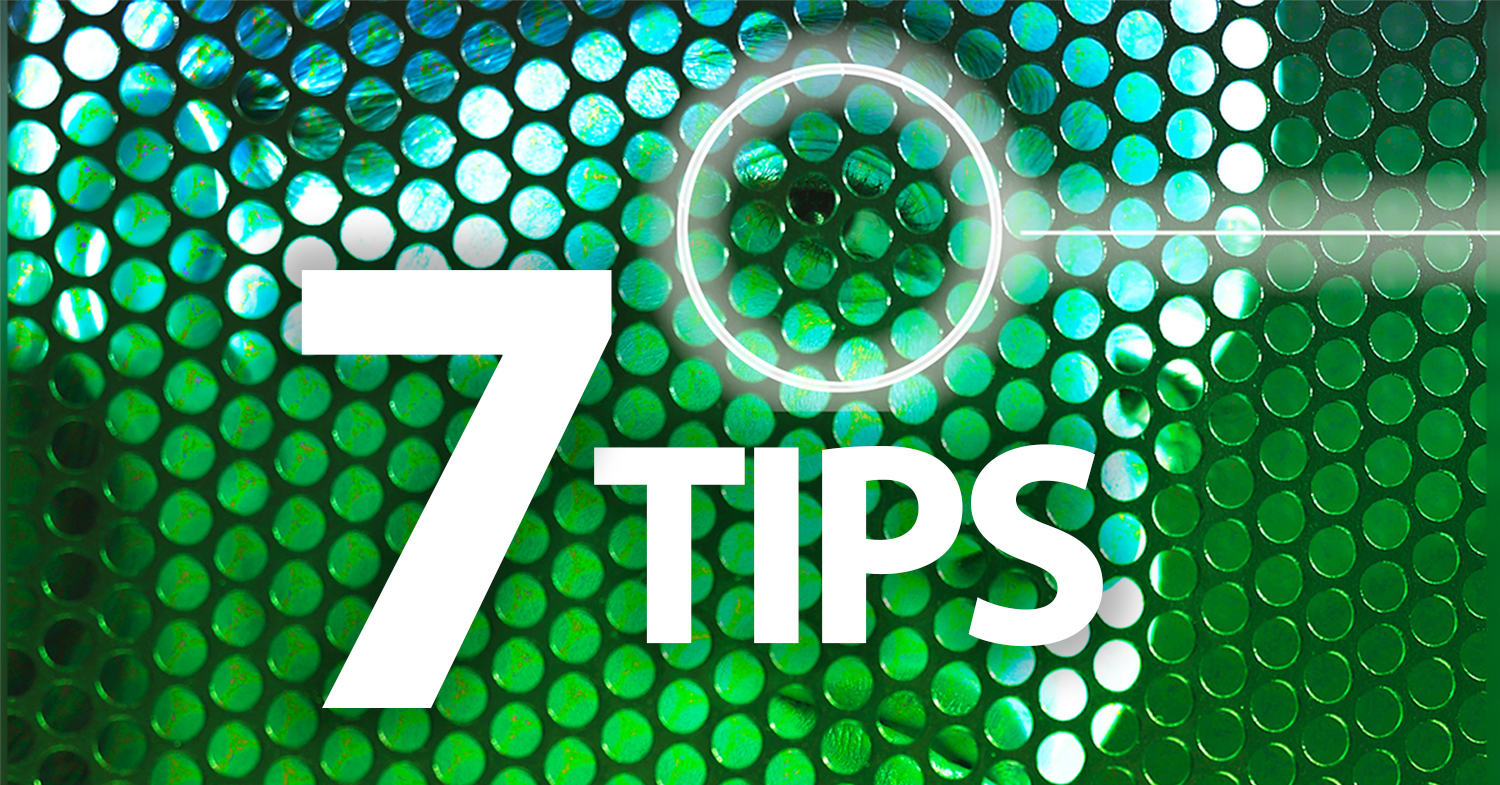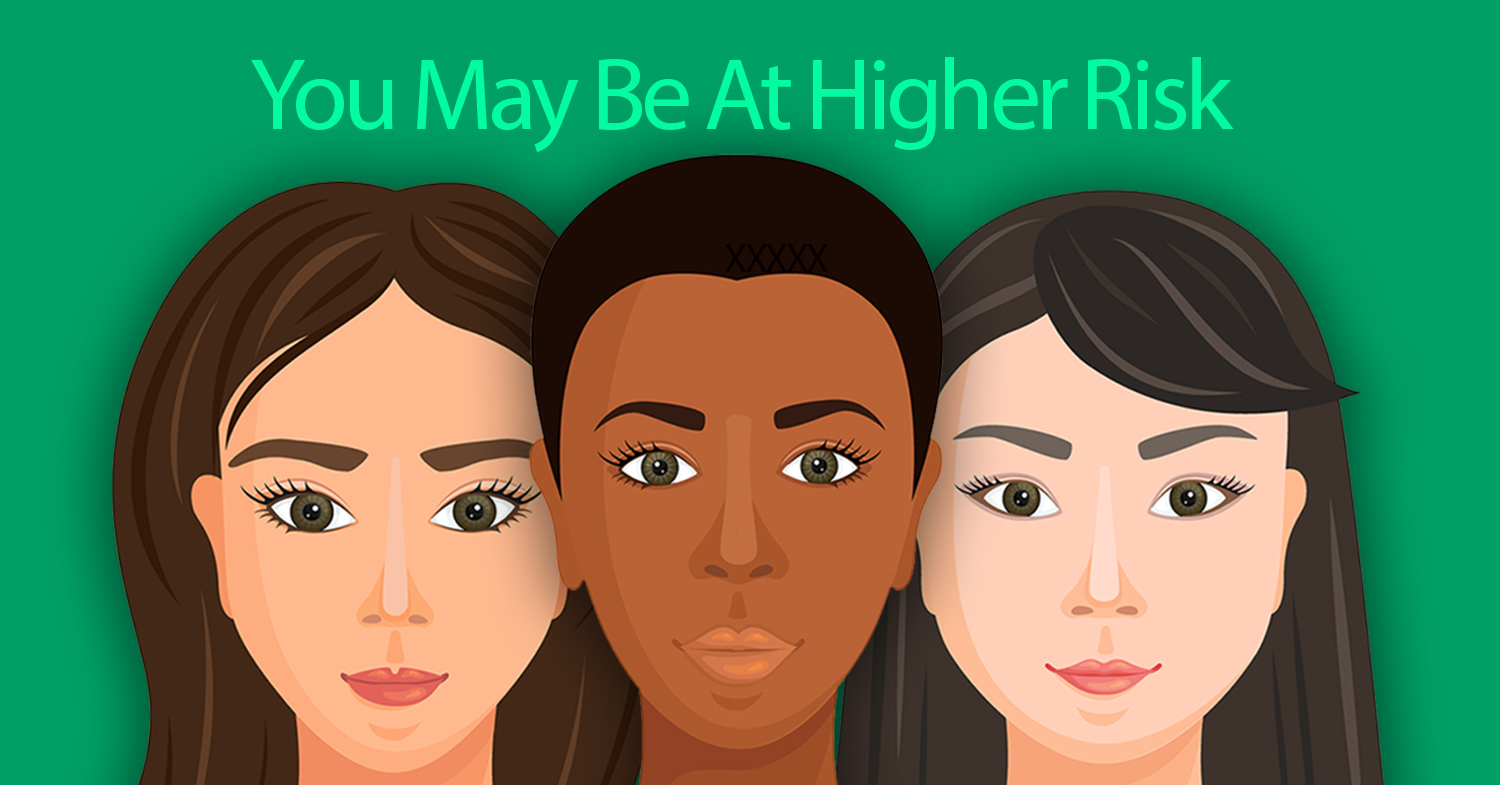Diabetes and Your Eyes: Understanding Diabetic Retinopathy
If you (or a loved one) have diabetes, you know that the disease affects the body’s ability to produce or use insulin effectively to control blood sugar (glucose) levels. Over time, this excess glucose can damage vital organs of the body, including the eyes. Even when the disease is well-controlled, people with diabetes should get […]
The WHY and WHEN of EYE EXAMS
August is National Eye Exam Month, the perfect time to remember the importance of regular eye exams, even if you haven’t noticed any problems with your vision. Let’s talk about why eye exams are so important, and when you and your family members should have them. The Why – A No-Brainer Many people think their […]
Watch Out for Chronic Dry Eye
Sometimes we may be able to manage the symptoms of Dry Eye with over-the-counter (OTC) remedies, usually with things like “artificial tear” eye drops, warm compresses, and avoidance of irritants. But at some point, OTC treatments and lifestyle changes may not work as well or at all. July is National Dry Eye Awareness Month, a […]
Let’s Talk About Cataract Surgery: What to Expect
Continuing our June theme of Cataract Awareness Month, we thought we’d answer some common questions about the most effective proven treatment: cataract surgery. According to the American Academy of Ophthalmology, recent data suggests that over 50% of Americans will have cataract surgery before age 75. At Atlantic Eye, we are committed to making our patients […]
Show Your Eyes and Heart Some Love
We all know how important it is to take good care of our eyes with regular Atlantic Eye checkups, but did you know that eye doctors may also be able to detect signs of heart disease during a comprehensive eye exam? According to the American Academy of Ophthalmology, a new study finds that people with […]
Ten Things You Probably Don’t Know About Tears
Our everyday tear film is essential for the way it protects our eyes, keeps them moist, and allows us to see clearly. And if you’ve ever had a run-in with a raw onion or sad movie, or numerous other triggers, you’re familiar with the uniquely human phenomenon known as crying. It turns out that tears […]
Lens Implants for Cataract Surgery: Know Your Options
If you live a long life, as most of us would wish, you’re very likely to develop impaired vision because of cataracts. And sooner or later, just about everyone opts for cataract surgery to restore good vision. You may already know that cataract surgery involves replacing the clouded natural lens inside the eye with a […]
It’s Pool Time! — Cooling Down the Burn of Swimmer’s Eye
The ouch, the itch, the sting – summer is a time to enjoy the cooling off in the pool, but most of us are familiar with the red-eyed discomfort that can occur after even the most refreshing dunk. Exposure to ocean, lake, or pool water is tough on the eyes. But if you love to […]
The Depression / Vision Connection — A Double-edged Sword for the Eyes
The problem of depression and its health consequences has always been with us, reportedly even more so due to the ongoing effects of the COVID-19 pandemic. Depression is an insidious enemy that attacks our physical health and well-being, and our eyes are no exception. Studies suggest that vision problems may both cause and be caused […]
Parkinson’s and the Eye — April is Parkinson’s Awareness Month
This month, in observance of Parkinson’s Awareness Month, it seems timely for us at Atlantic Eye to note how this disorder may affect the eyes, and what can be done to treat issues that may arise. According to the American Parkinson Disease Association, eye problems that may be associated with Parkinson’s (PD) include: 1. Eye […]
March is Sleep Awareness Month — Are You Peeping While Sleeping?
March is Sleep Awareness Month, a good time of year to take stock of whether the quantity and quality of your sleep is helping you to stay as healthy as possible. It is also a chance to consider if you are one of the people who sleeps with open eyes, a condition that negatively affects […]
Find out what you can do to reduce your risk
Age-related Macular Degeneration (AMD) is a degenerative disease that happens when part of the retina called the macula is damaged. The macula is the part of the eye that delivers the sharp, central vision we need to see objects straight ahead. Over time, the loss of central vision can interfere with everyday activities, such as the ability […]
Did You Know: Glaucoma Runs in Families
Talk to Your Loved Ones About Glaucoma Glaucoma is an eye problem that over time can lead to blindness. It usually happens when fluid builds up in the front part of your eye. That extra fluid increases the pressure in your eye, damaging the optic nerve. Glaucoma often has no symptoms in its early stages, […]


